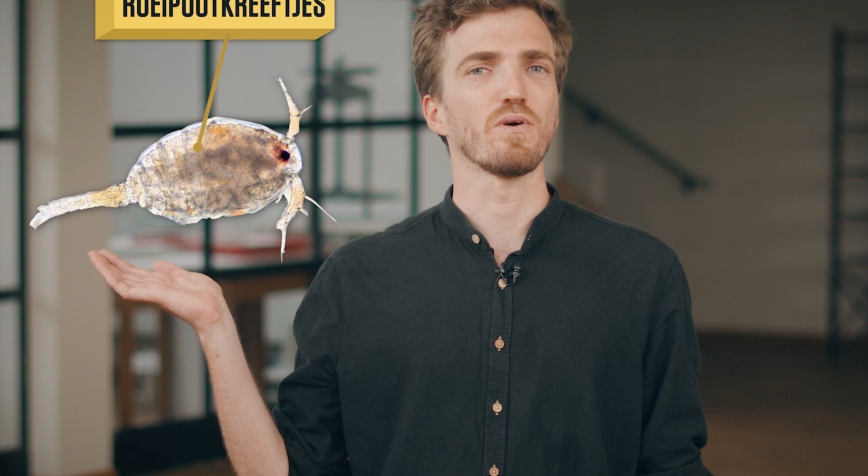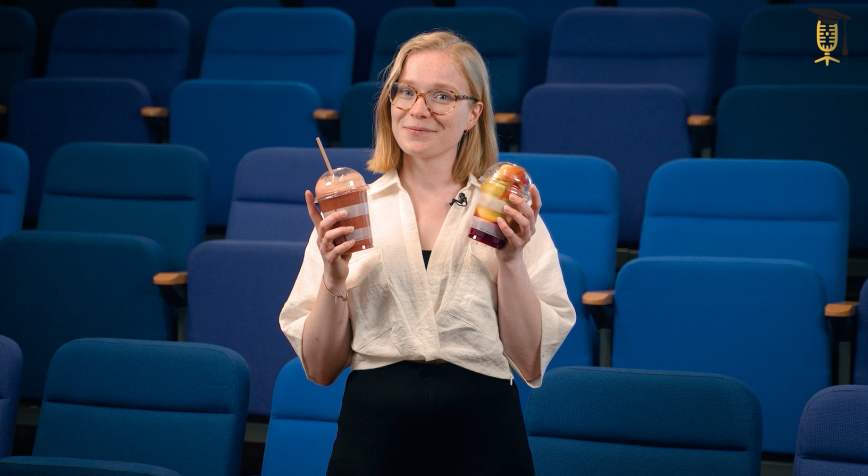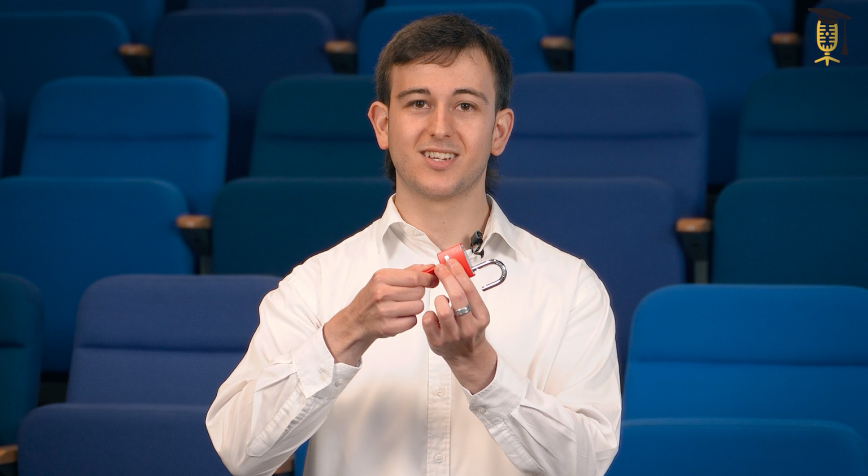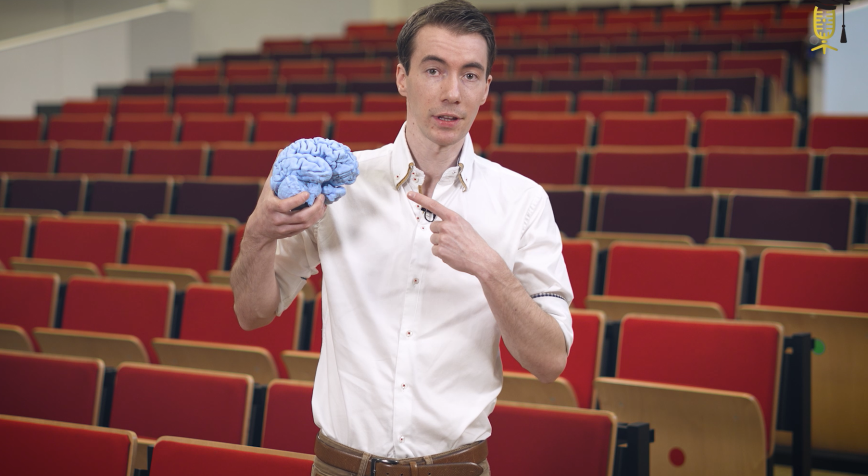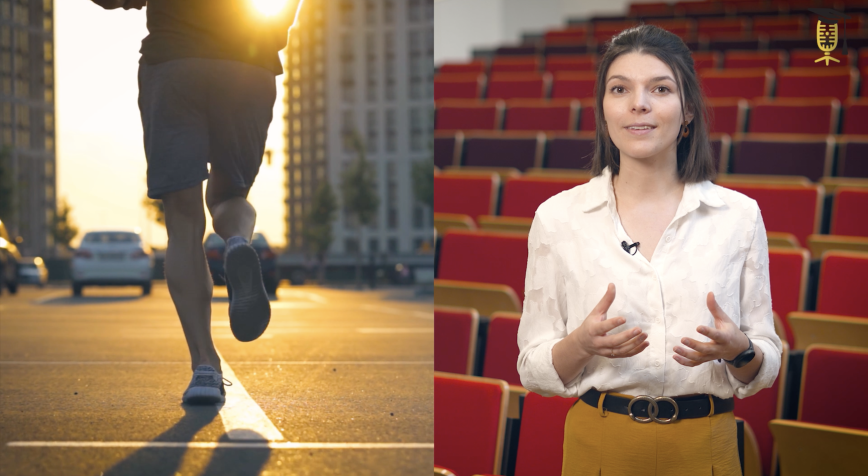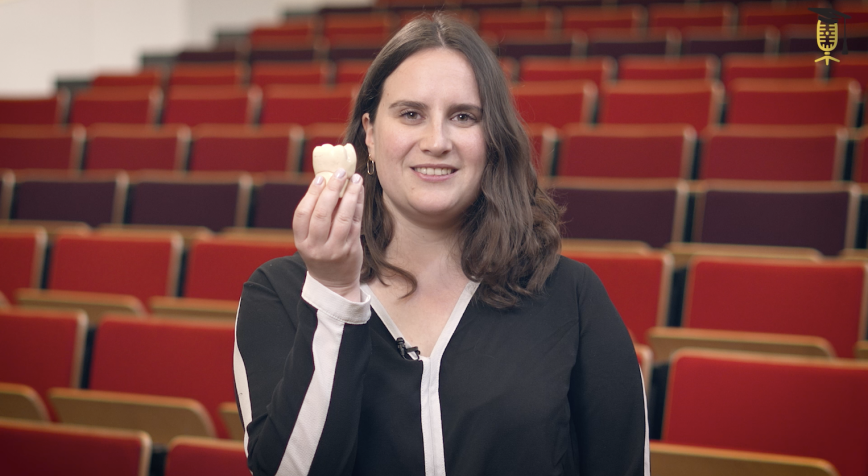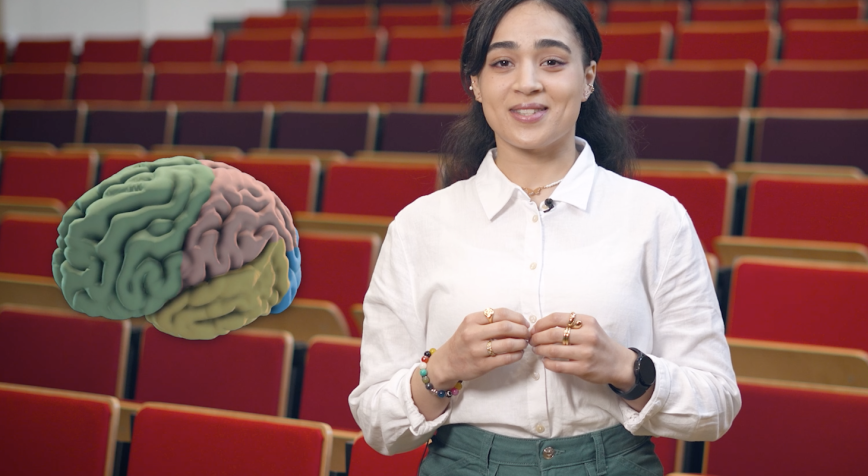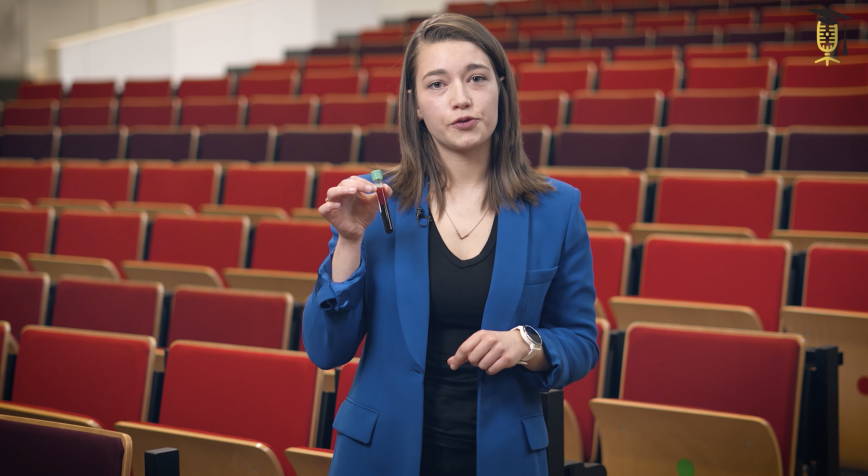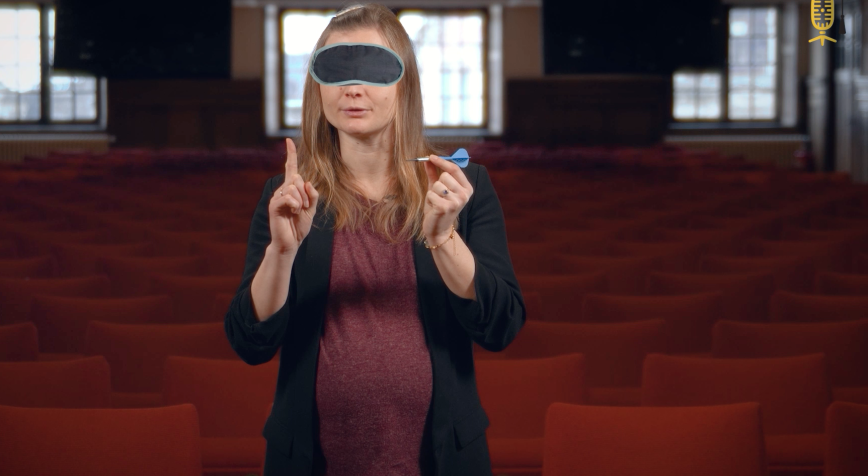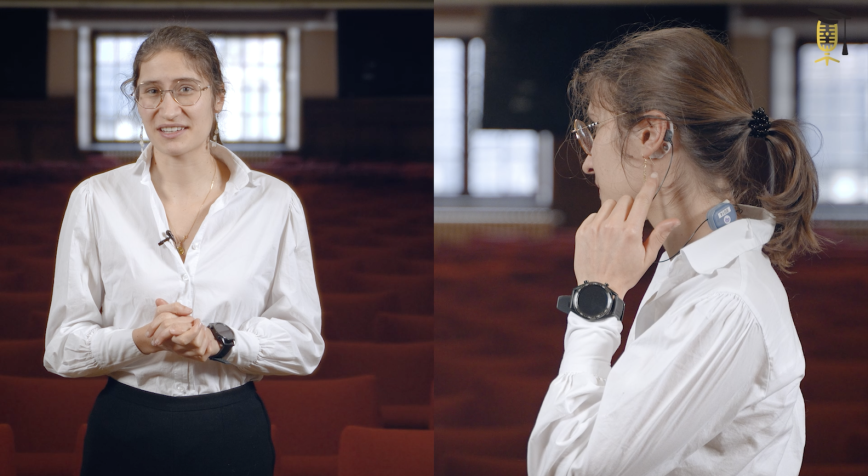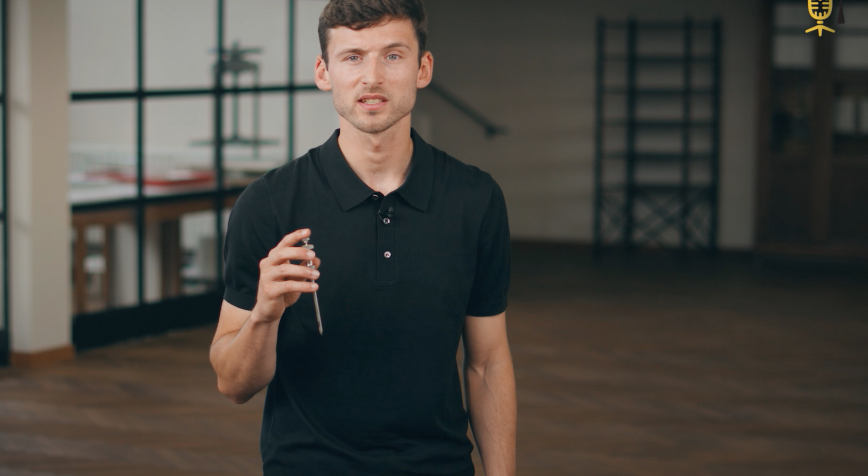
FWO
UGent
Training tailored to your muscles
Do you have a lot of fast or rather slow muscle fibers? No worries if you don't know the answer. But for athletes, this is crucial info as it determines how best to train. Only there is one big problem, about 15 centimeters big to be precise .... That's how long the needle, used to remove a piece of muscle to find out someone's muscle fiber type, is. Sounds painful and it is. That's why Freek Van de Casteele is looking for new, reliable, and painless methods.
